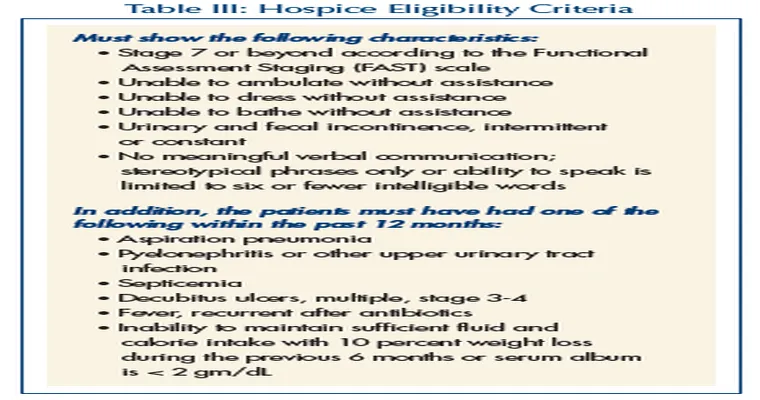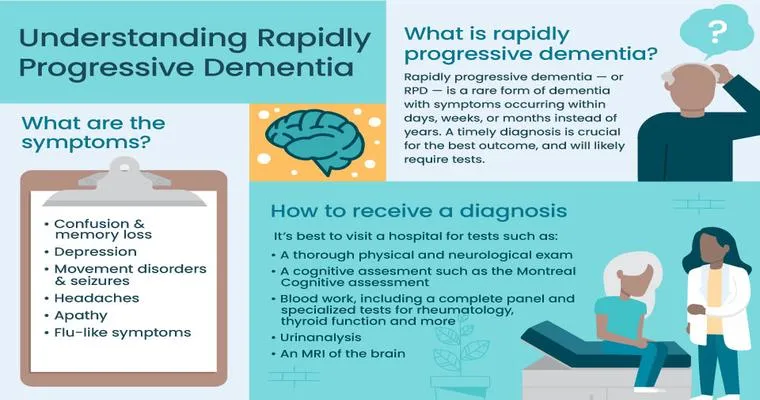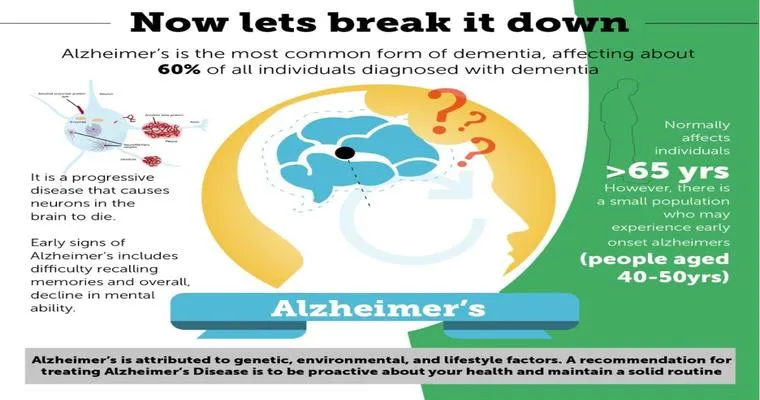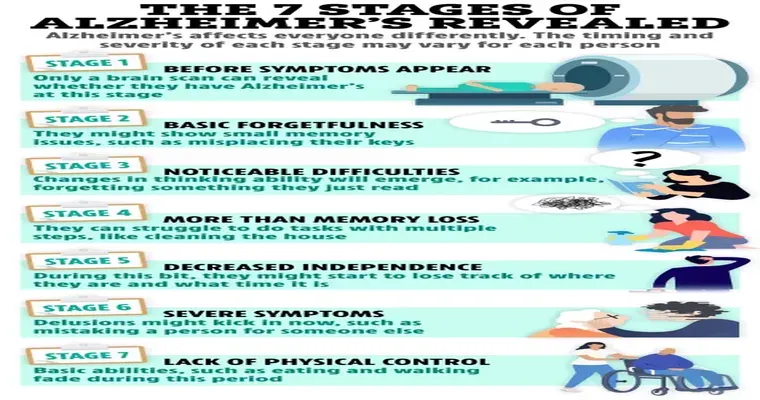When it comes to "dementia", many families face difficult decisions regarding care options as the disease progresses. Understanding hospice qualification for patients with "dementia" can provide crucial support during this challenging time. Hospice care focuses on improving the quality of life for individuals with terminal illnesses, and it can be a vital resource for those living with "advanced dementia". This article will explore the criteria for hospice qualification specifically for dementia patients, the benefits of hospice care, and how to navigate the process.
To qualify for hospice services, patients generally must meet specific eligibility criteria set by Medicare and most private insurance companies. For those with "dementia", the key factor in determining eligibility is the stage of the disease. Typically, patients must be diagnosed with a life-limiting illness, and for dementia, this is often classified as late-stage or advanced dementia.
In advanced stages, individuals may exhibit severe cognitive decline, loss of ability to communicate, and significant difficulty with daily activities. The presence of additional medical conditions, such as heart disease or lung disease, may further support hospice qualification. Physicians play a critical role in this process, as they must certify that the patient has a prognosis of six months or less to live if the disease follows its natural course.
One of the primary benefits of hospice care for dementia patients is the focus on quality of life. This includes tailored pain management, emotional support, and assistance with daily living activities. By shifting the focus from curative treatments to comfort care, hospice enables families to spend quality time with their loved ones during their final days.
Navigating the hospice qualification process can be overwhelming for families. It is essential to have open discussions with healthcare providers to understand the patient's condition and explore hospice options. Many hospices offer educational resources and support for families navigating these difficult conversations.
In conclusion, understanding "dementia" and hospice qualification is vital for families facing the challenges of advanced dementia. By recognizing the eligibility criteria and the benefits of hospice care, families can make informed decisions that prioritize the comfort and dignity of their loved ones. If you suspect that a family member may qualify for hospice services, consult with their healthcare provider to discuss the best possible options.





